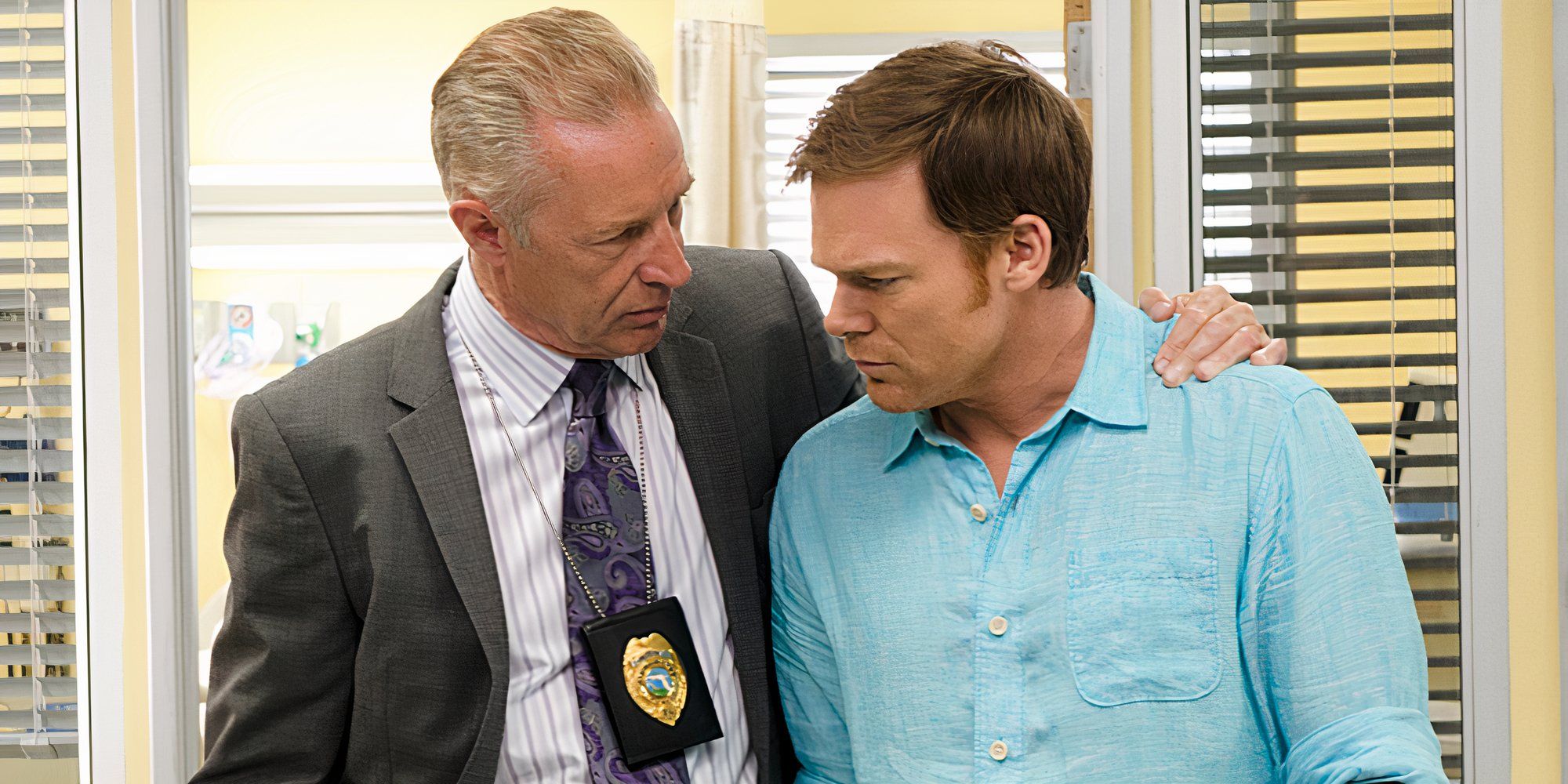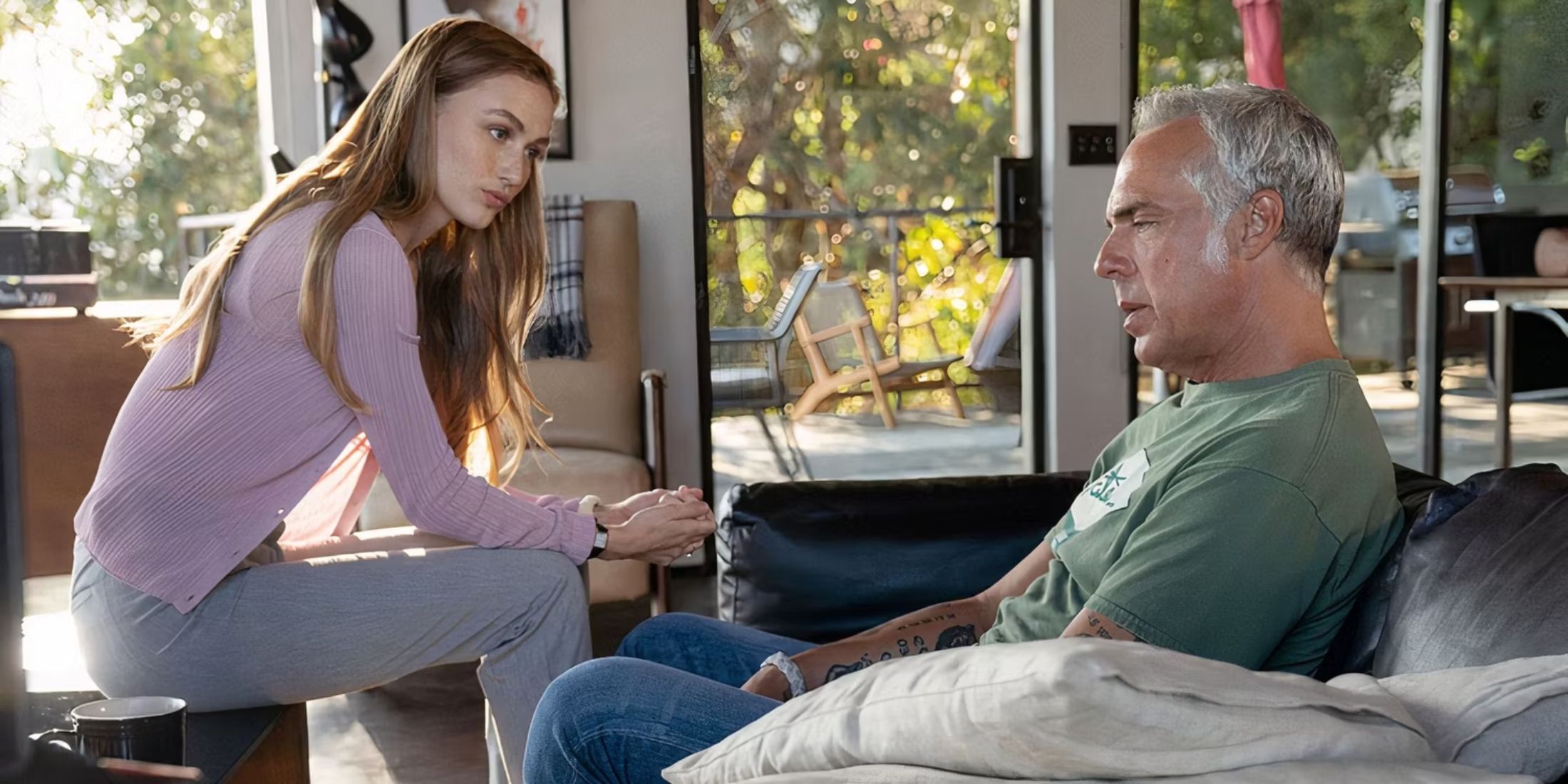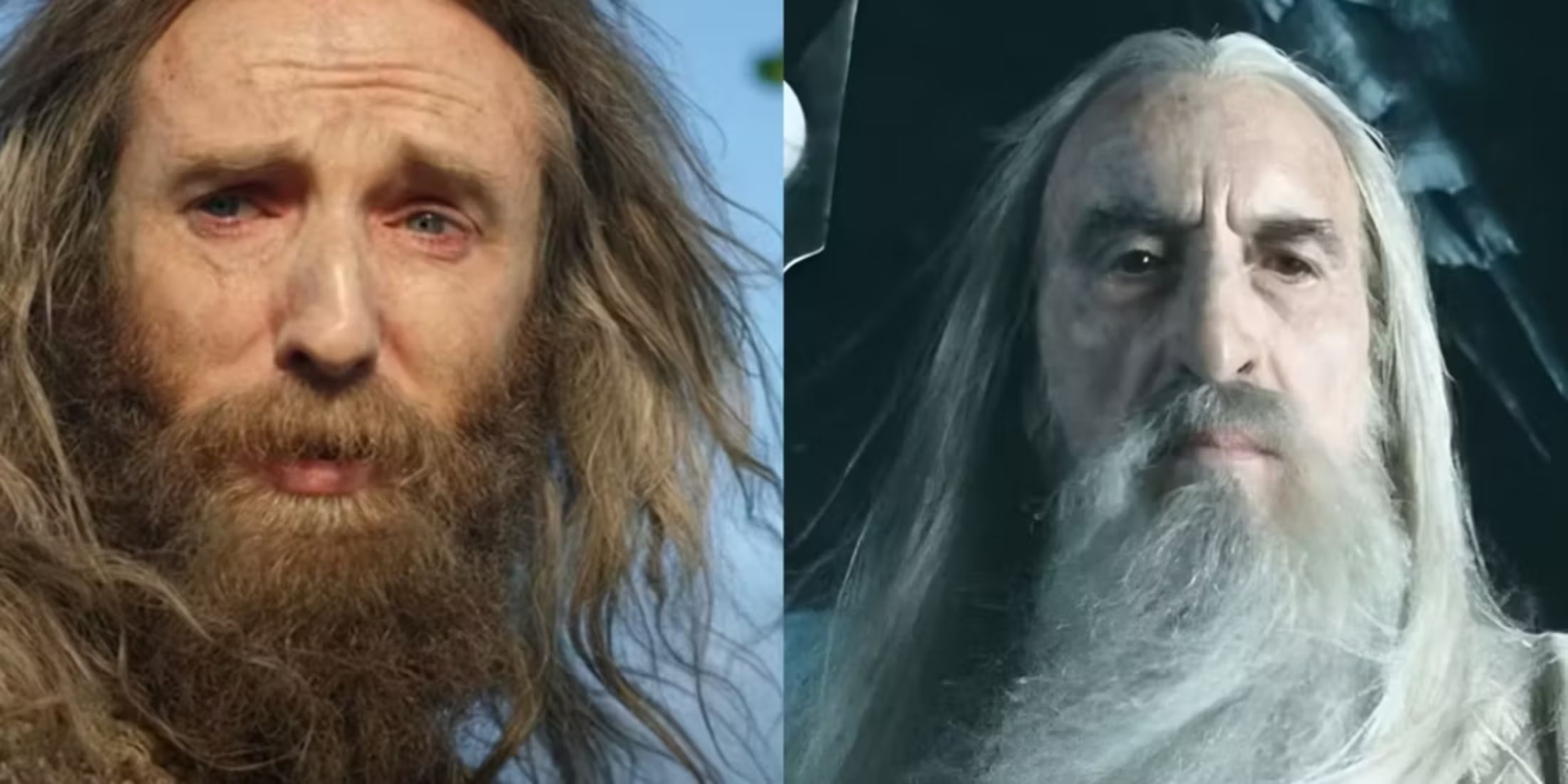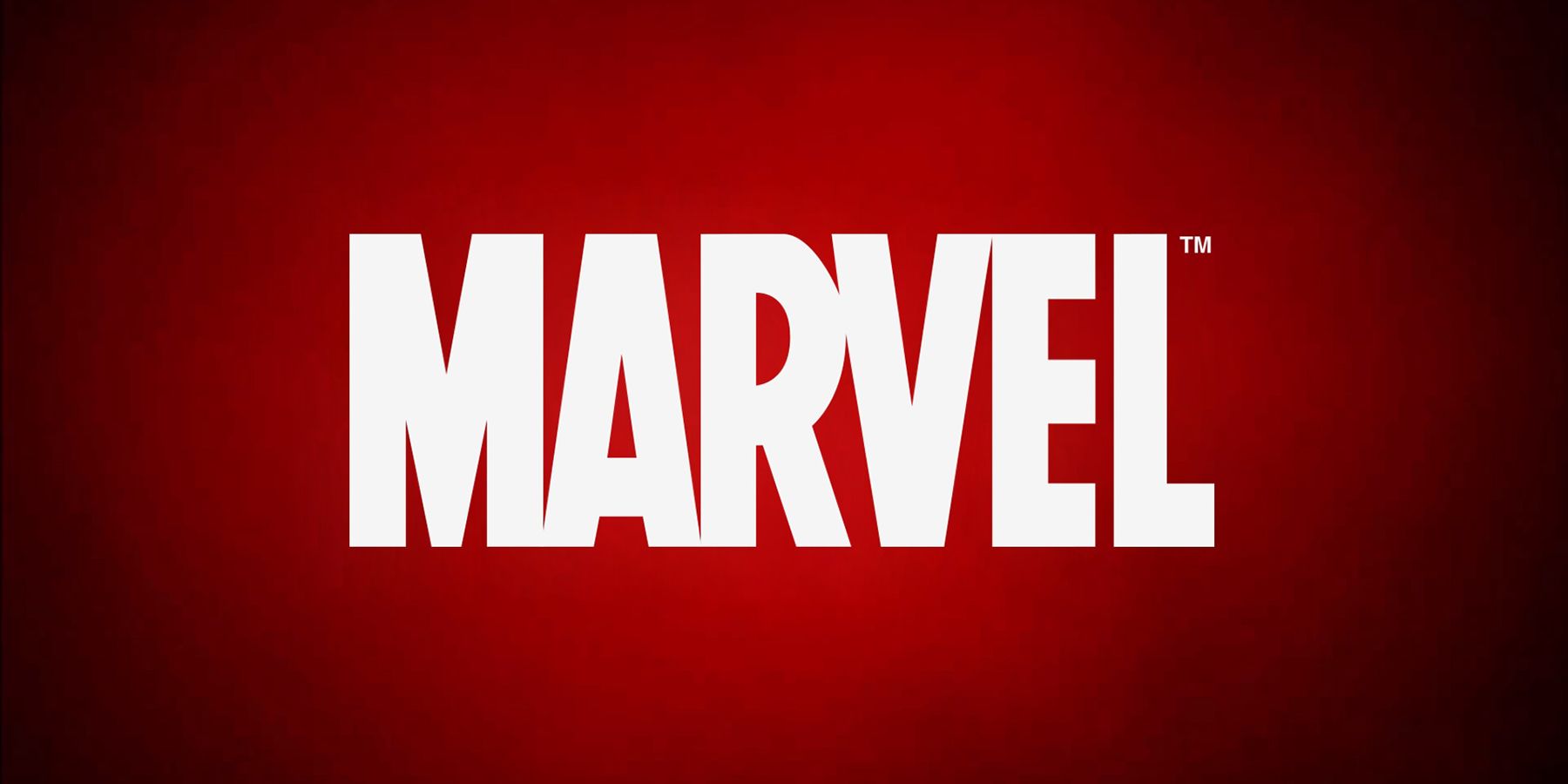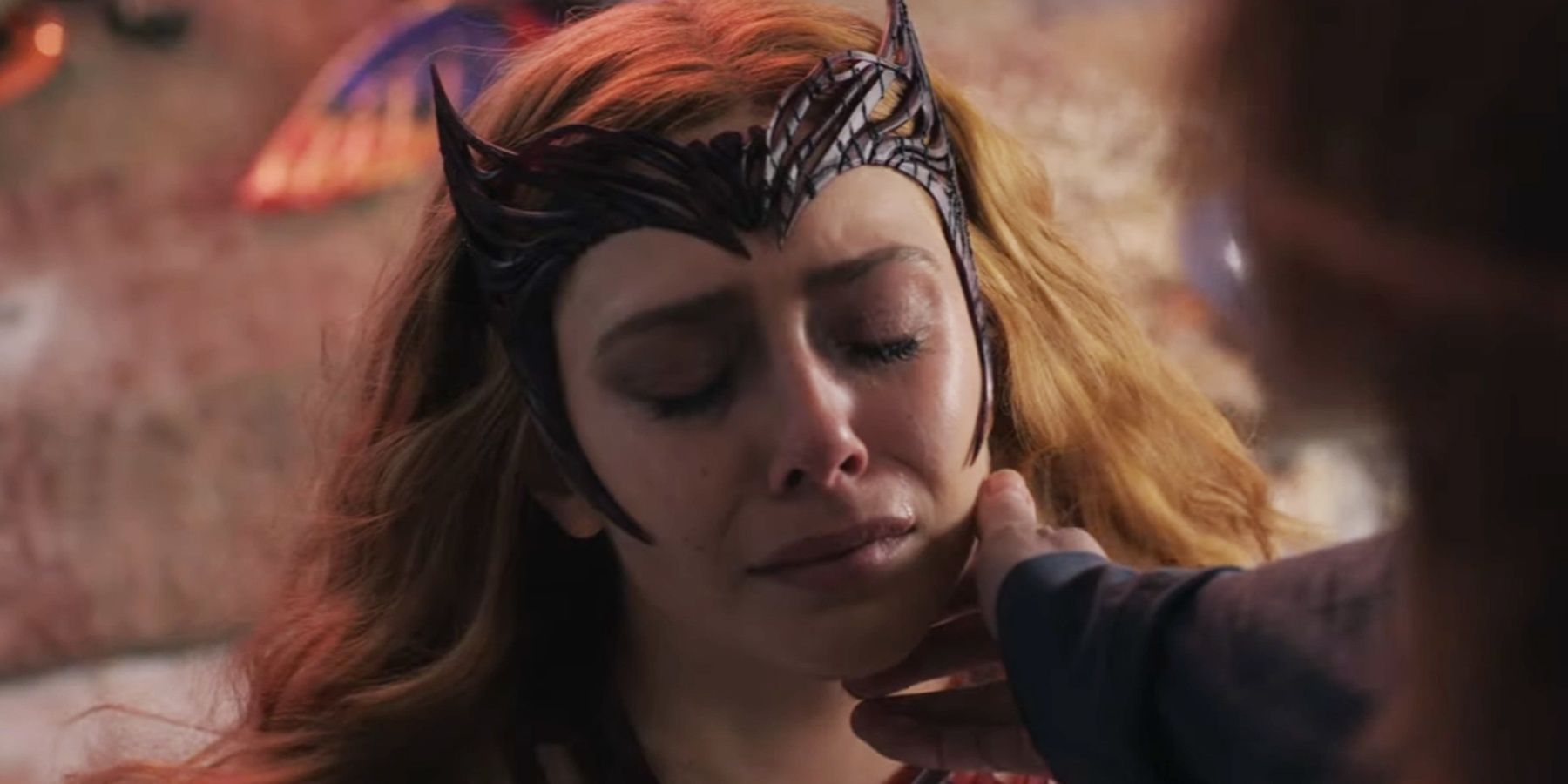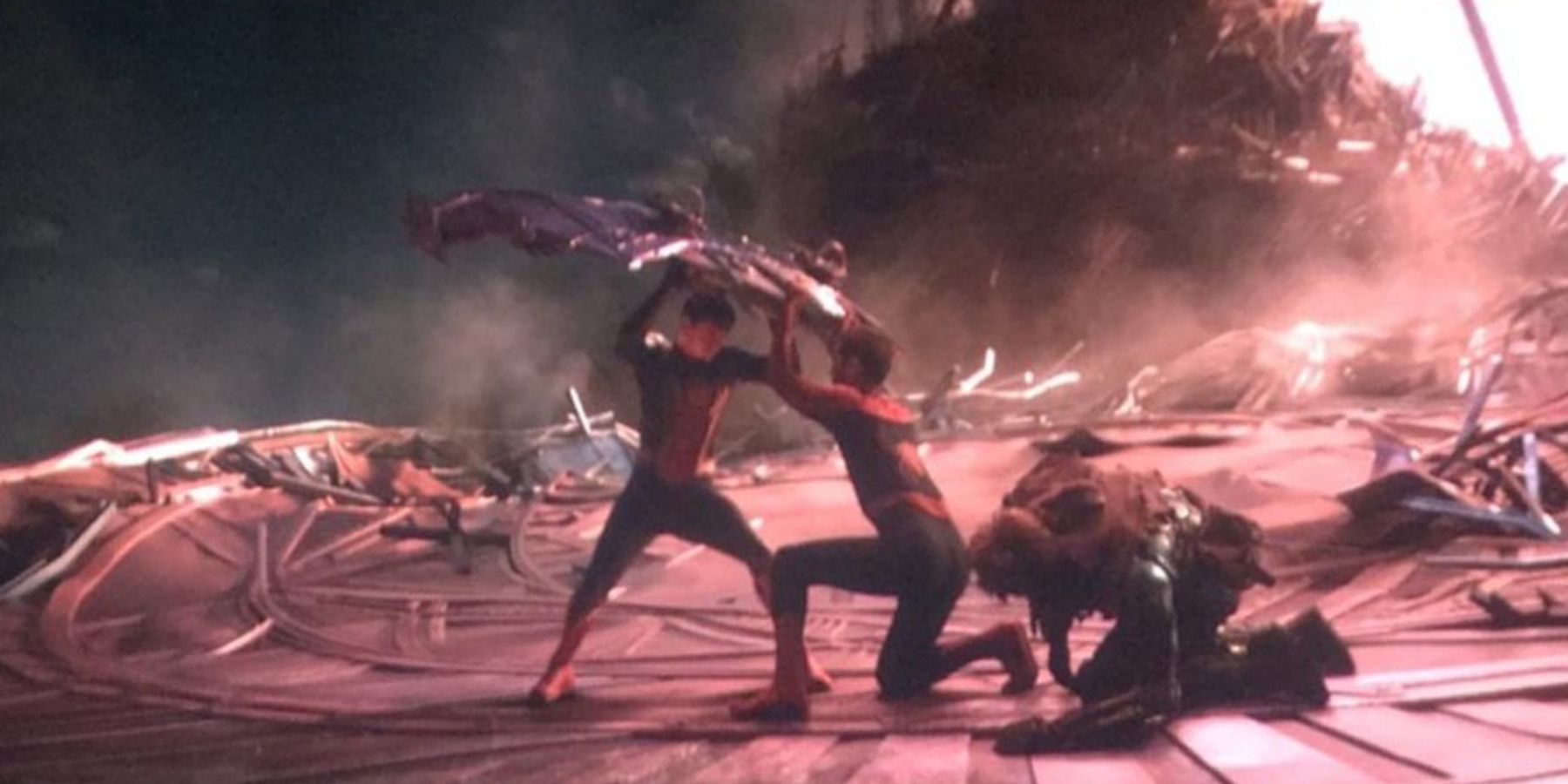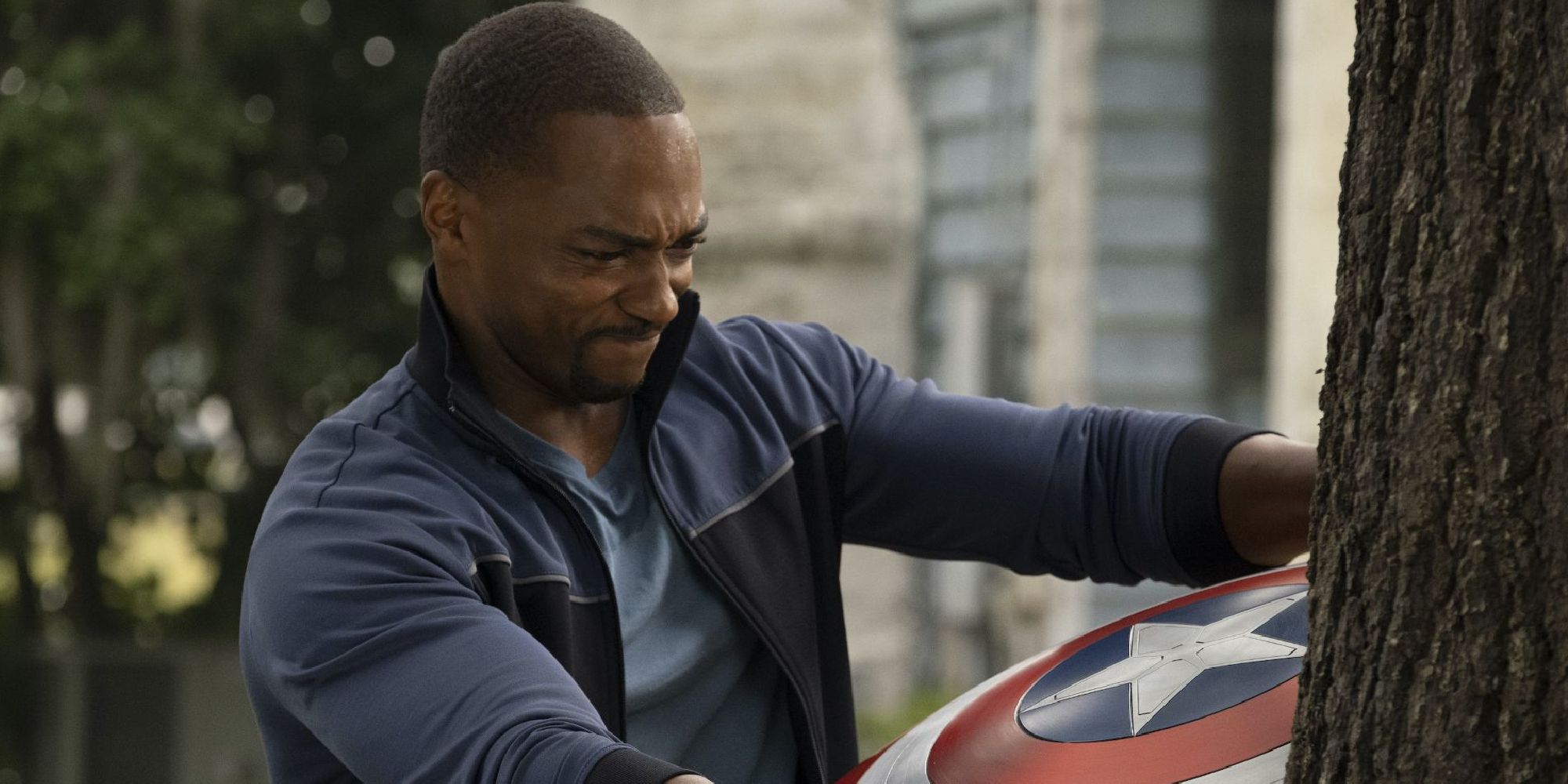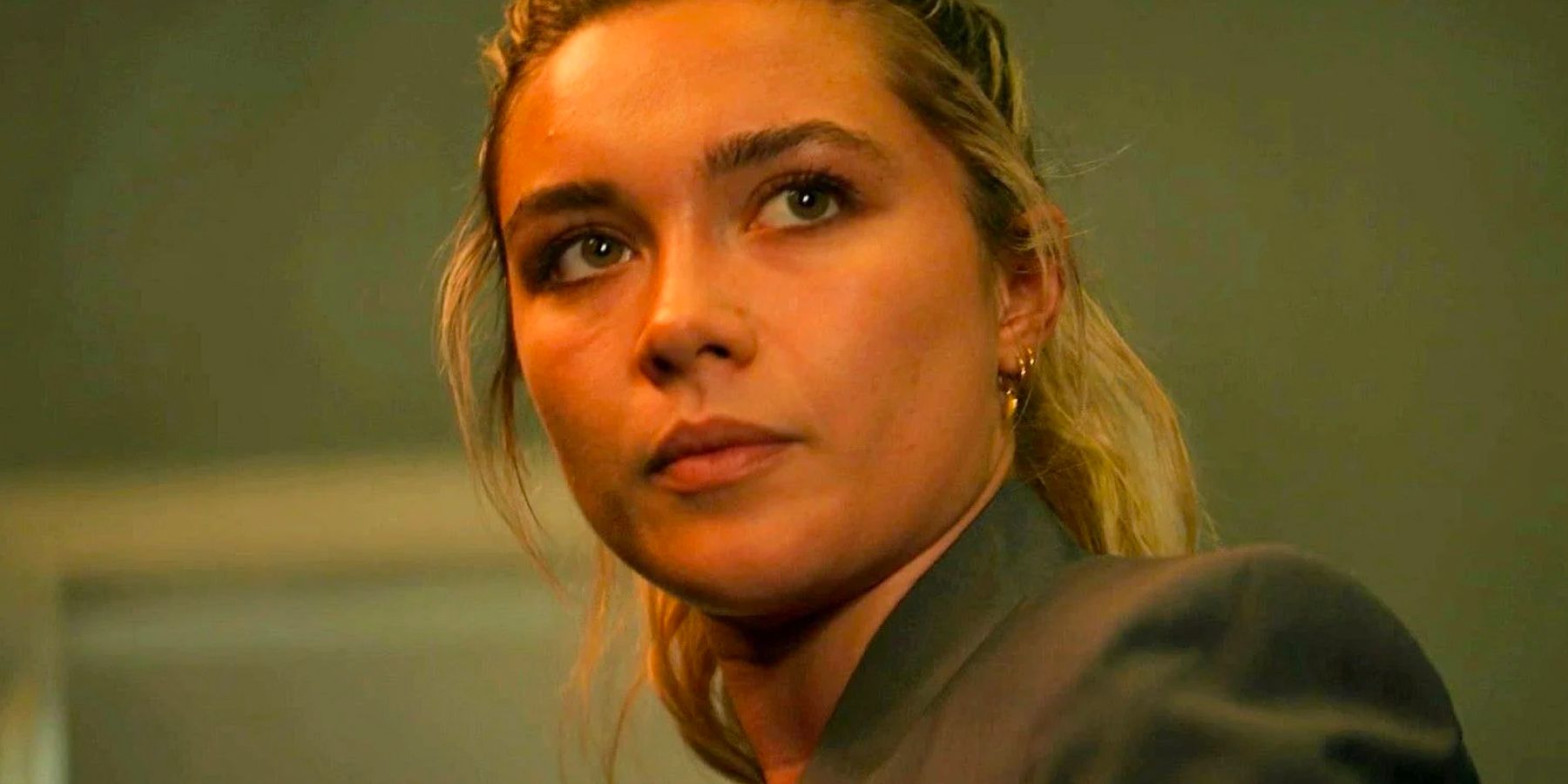The 3rd phase of the Marvel Cinematic Universe ended in a great loss, with fans having to say farewell to many beloved characters like Iron Man / Tony Stark (played by Robert Downey Jr) and Captain America / Steve Rogers (played by Chris Evans). Following the hard goodbyes that came in the aftermath of the high-stakes battle that was Avengers: Endgame, all those who "blipped" during the five years after Thanos used the infinity stones to destroy half of human life are back.
Now, life is really different — and these changes are showing within phase 4of the Marvel Cinematic Universe. This phase is one of the most heartbreaking compared to the ones that came before it, leaning heavily on themes that leave audiences with teary eyes and aching hearts.
Grief
This new era of the Marvel Cinematic Universe is like no other. A collection of miniseries are included within the phase, working into the main story that will ultimately lead up to a new big bad. The first Disney+ series released was WandaVision, which tells one of the saddest tales within the phase so far. A grief-stricken Wanda Maximoff (played by Elizabeth Olsen), still reeling from the loss of her love Vision (played by Paul Bettany), uses her powers to turn a small town into a home for herself and a version of Vision she creates with magic. During their time in this town, Wanda even creates children, who she and Vision raise together. By the end, Wanda seemingly comes to terms with her mistakes and takes accountability for letting her grief affect innocent lives.
This heart-shattering storyline also makes its way to the big screen in Doctor Strange: In the Multiverse Of Madness, where Wanda sets out to steal America Chavez’s (played by Xochitl Gomez) multiverse traveling abilities, so she can reside in a version of life that will reunite her family. Wanda is willing to do anything to make this happen and slaughters many who attempted to stand in her way, but in the end, she doesn’t walk away with what she wanted, and many lives were lost for nothing.
This theme is also presented in the Marvel blockbuster film Spider-Man: No Way Home. The third installment in the Spidey trilogy follows Peter Parker (Tom Holland) as he tries to reverse the reveal of his identity. To do so, Peter reaches out to Doctor Strange (Benedict Cumberbatch) who tries to reverse the unmasking, but the spell soon turns to chaos, resulting in the multiverse being ripped open and other heroes from different universes who have battled Spider-Man. In an effort to reverse the attributes that turned the multiverse visitors to the bad side, Peter attempts to make antidotes to reverse what's happened to them before sending them back to their universes. However, the bad guys undermine him, leading to the heartbreaking loss of Aunt May (Marisa Tomei). Following this, Peter must battle through his intense emotions and his own grief to fulfill his responsibilities as Spider-Man.
Moving On From What Can’t Be Changed
Another series in phase 4, The Falcon and The Winter Soldier, follows the aftermath of Steve Rogers passing on the title of Captain America to Sam Wilson / Falcon (Anthony Mackie). The show further explores the trauma that Bucky Barnes (Sebastian Stan) is still reeling from after being brainwashed by Hydra. This was explored throughout phase 3, and its effects are still present in phase 4. The series also explores themes about race in America, as Wilson struggles with the internal battle of taking on the new identity of America's hero as a black man. In the massive realm of the Marvel Cinematic Universe, this is one of the themes that feels the most down-to-earth and relatable to audiences. It's even more heartbreaking to realize that within such a magical world, these evils are still very much alive.
Within this phase, fans also get the long-awaited Black Widow solo film that follows Natasha Romanoff (Scarlett Johansson) after the events of Captain America: Civil War and before the events of Avengers: Infinity War. The film shows Natasha on the run after violating the Sokovia Accords. She then sets out to find her sister Yelena (Florence Pugh), and after some sibling bickering they set out to find Dreykov and bring down the Red Room. Throughout their journey, both Natasha and Yelena have to come to terms with the fact their childhood was stolen from them, and that they’ll never get to experience life with their birth families. However, they come together to bring down the Red Room and free all the other Widows over the world who are being mind-controlled. By the end they accept the past and the bittersweet lesson that blood doesn’t make a family— love does.
While this phase is the most tragic one fans have seen yet, it also manages to ground the heroes in a way that hasn't been done in the Marvel Cinematic Universe before. It shows that with saving the world comes extraordinary loss, despair, and longing — and in doing so, it makes its heroes human.

